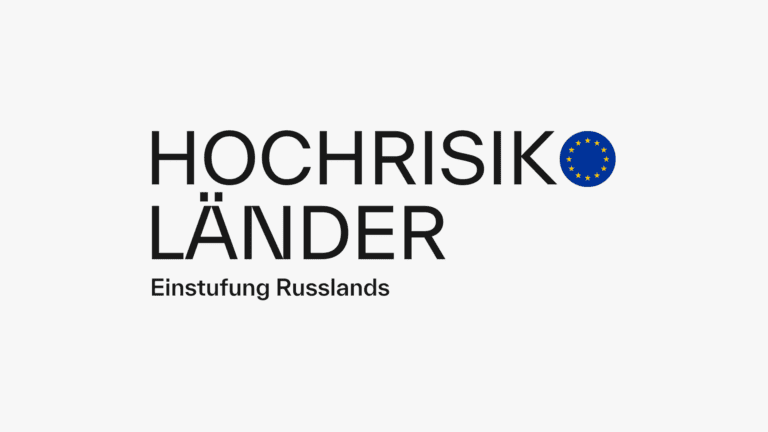Obligation to release after the three-day holding period
Several regional courts (including Wiesbaden and Frankfurt am Main) have addressed the interpretation of Section 46(1)(2) GwG. Their conclusion: after the expiry of the three-day holding period, a suspicious transaction for which a report has been submitted must generally be released — provided no feedback has been received from the authorities.
In one case, the Regional Court of Wiesbaden ordered a bank to release a frozen account balance, ruling that holding funds beyond the three-day period was unlawful. The Regional Court of Frankfurt am Main reached a similar conclusion: even for cross-border transfers, further blocking without an official order is not permitted. Both rulings emphasise that Section 46 GwG imposes a mandatory obligation to release after the deadline — obliged entities have no further discretion in this regard.
Conflicting administrative practice and updated BaFin guidance
BaFin had previously taken a different stance, suggesting that obliged entities should assess after three days whether continued blocking might still be appropriate. This interpretation caused considerable legal uncertainty in practice.
The updated BaFin Interpretation and Application Notes (AuA AT 2025) now attempt to build a compromise: they state that, “as a rule,” the transaction must be released if no concrete suspicion remains after the three-day period. Only if there is an overwhelming suspicion of money laundering or terrorist financing should obliged entities continue to block the transaction.
In addition, the upcoming EU AML Regulation (Articles 71 and 72) will contain further provisions on transaction release. After the three-day period, obliged entities must carry out an additional risk assessment. How this is to be implemented in practice remains unclear.
Liability exemption for suspicious activity reports
The Higher Regional Court of Frankfurt am Main confirmed that under Section 48 GwG, obliged entities are generally exempt from liability if they file a suspicious activity report correctly. This liability protection only lapses in cases of wilful intent or gross negligence. Even an incomplete justification for a report (e.g. insufficient documentation under Section 8 GwG) does not automatically lead to liability.
Also important: obliged entities are not required to conduct their own criminal investigations before filing a report. The decisive factor is the presence of objective red flags in the specific case.
Conclusion
Case law confirms: after three working days, there is a legal obligation to release frozen assets unless an official order has been issued. At the same time, uncertainty remains: if there is an obvious and compelling suspicion, the transaction may still need to be held. For obliged entities, this means they must tighten their internal procedures and documentation standards — especially in light of the future requirements under the EU AML Regulation.
Note: For an in-depth legal analysis, see the article by our experts Markus Haufellner, Dr. Lars Haffke and Emilie Heinrichs in BKR: Haufellner/Haffke/Heinrichs, “Current developments in anti-money laundering law”, Bank- und Kapitalmarktrecht (BKR), 2025, p. 392.



